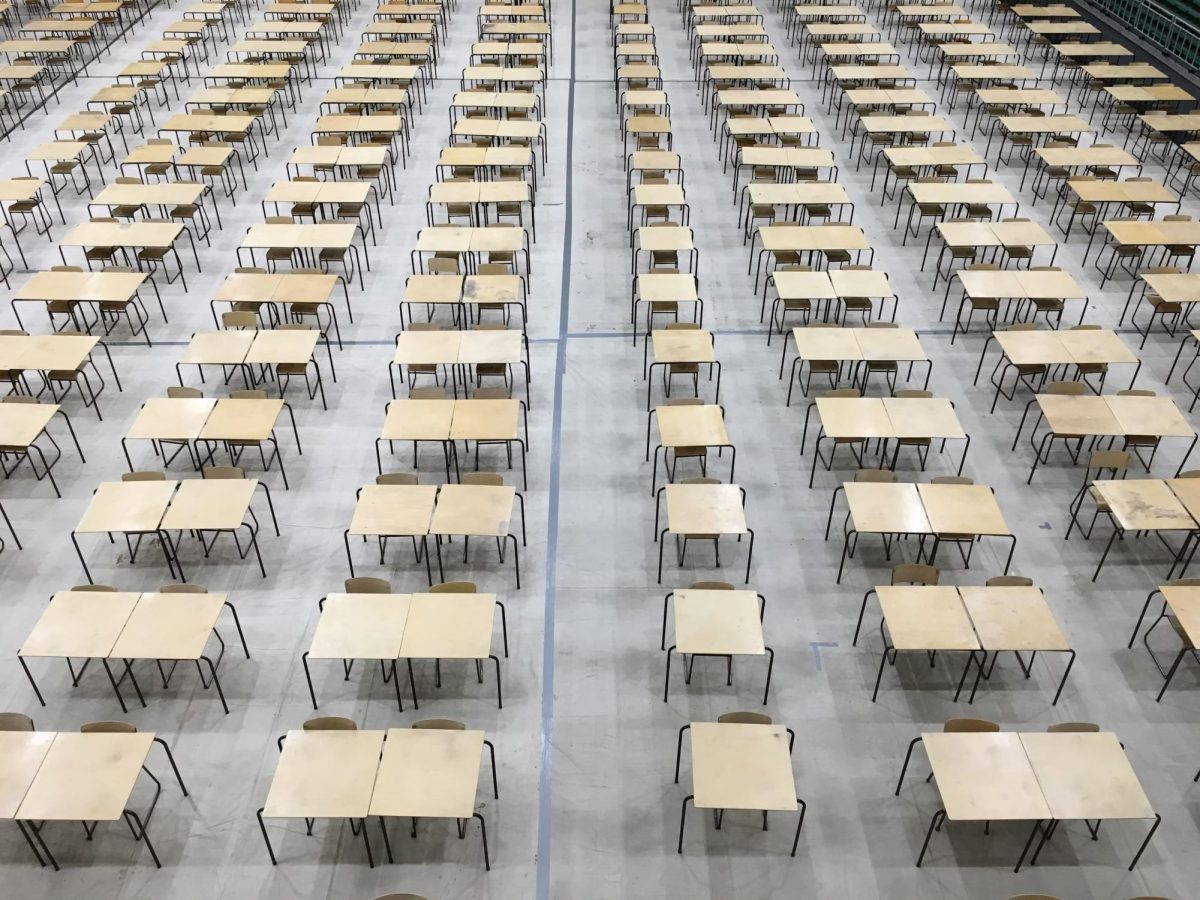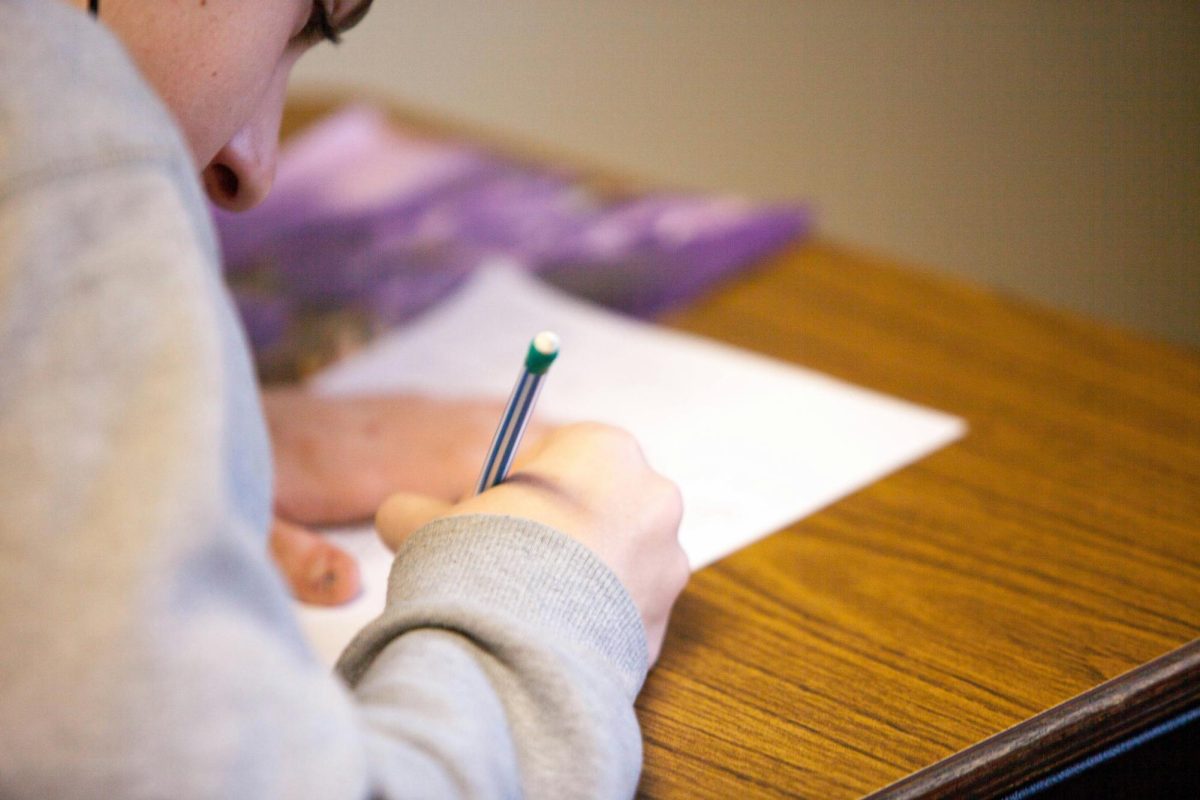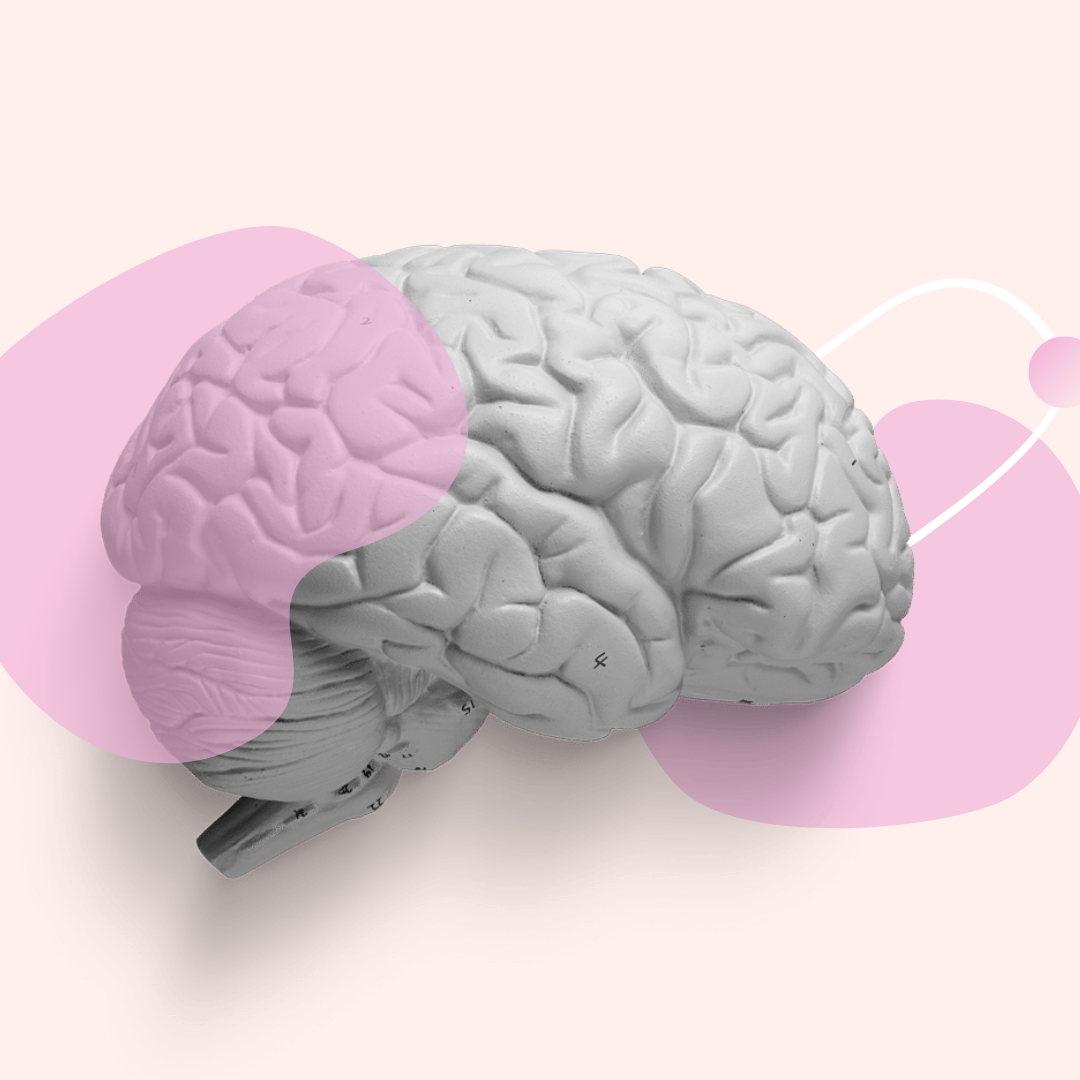After the Director of the Center for Academic Writing, Ms. Kate Muttick, took on the role of English Department Chair, the search began for a new director within the English Department faculty, ultimately leading to Dr. Linnea Hasegawa applying for and accepting the position. She brings a wealth of experience to the position of Director of the CAW.
The goal of the CAW is to teach writing as a skill that can be developed over all grade levels. “What attracted me to the position,” Dr. Hasegawa said, “is that the work that I did before coming to MBS was similar to my job here in the CAW. I worked as an adjunct professor at numerous universities, teaching writing composition.” Writing composition is one of the many key ideas that Dr. Hasegawa teaches in the Center.
She said, “Although I never officially worked in a writing center at my previous universities, the curricula I taught were based on writing center theory. And while I am trained in the teaching of writing and literature, and love teaching both, my previous positions were based on the teaching of writing. Of course, I love literature. But, most of my training has been in writing theory. So this position just feels natural for me.”
While Dr. Hasegawa has enjoyed the transition to this new role at MBS, it is not without its challenges. She said, “A challenge has been trying to grow the writing center to be more inclusive of middle school. What makes this the most challenging is the fact that Ms. Muttick was already doing an amazing job in this position before me! I am just trying to continue her good work by making the middle school more involved in the CAW.”
To combat this challenge, Dr. Hasegawa wants to create a mini writing center for the middle school. She said, “We would train some volunteer 8th graders to be writing tutors who could help the other middle schoolers. This would…empower 8th graders to get more involved in the CAW and feel more confident in their writing. It would allow the 6th and 7th graders to look up to them, as well as spark interest in peer tutoring for when they enter high school.”
One of her main goals in this position is to continue to make the CAW student-centered, stating: “We at the writing center make it so students are in control of the tutoring session. Our goal is to help the students who come to us learn how to be better writers as a whole, not just fix the paper directly in front of them. Our goal is to teach students how to edit their papers on their own, so they can do it next time on their own if they don’t have a tutor.” This idea is a core philosophy of the CAW, one which all of the tutors there know and apply to their tutoring every day.
Josh Greenwood ‘25, a current peer tutor at the CAW, remarked that he applies this philosophy often. He said, “[I have] students who come to the writing center and read their writing out loud to you if they do not know where to start. This gets them engaged and often allows them to point out certain improvements that they could make to their writing. Usually, though, the students know what they want to focus on, and all I need to do is guide them to an end result.” These pillars of the CAW support students by helping them succeed in the writing they bring to the writing center, as well as in their future writing.
Along with being the director of the CAW, Dr. Hasegawa also teaches two classes this fall: Writing Center Theory and Practice Honors, and Language of Leadership. Writing Center Theory is a course for juniors who hope to become tutors in the writing center next semester. Gabrielle Davis ‘26, is currently enrolled in the course. She said, “During the class, we are taught how to properly tutor students in all areas of writing.”
The course focuses on learning about writing instruction in a way that is tailored to peer tutoring. Students learn elements of composition theory and various peer tutoring methods. To help students prepare for peer tutoring, Dr. Hasegawa engages her students in mock tutorials, which are role-playing activities that allow students to be in the shoes of both a peer tutor and a struggling student writer. She said, “In the process of learning how to tutor, students actually improve their own writing skills, which helps them to be better tutors and writers in the long run.”
Brian O’Neill ‘26 called the course “engaging.” He said, “[it] has not only taught me how to help others with their writing skills but helped me hone in on my own skills as well. We do many grammar and sentence structure exercises which I find to be helpful for my essay writing.” Clearly, the Writing Center Theory and Practice Honors is creating a strong next generation of tutors of the CAW, who will continue to grow the writing center.
Ultimately, Dr. Hasegawa’s work so far in the writing center has had a positive effect. “Dr. Hasegawa’s new role as the writing center director has been transformative to the CAW as a whole and her warm demeanor when tutoring students doesn’t go unnoticed,” Davis said.
With her extensive experience, passion for writing, and dedication to student success, Dr. Hasegawa, as Director of the CAW, ensures that students of all levels are empowered to become more confident and independent writers.







